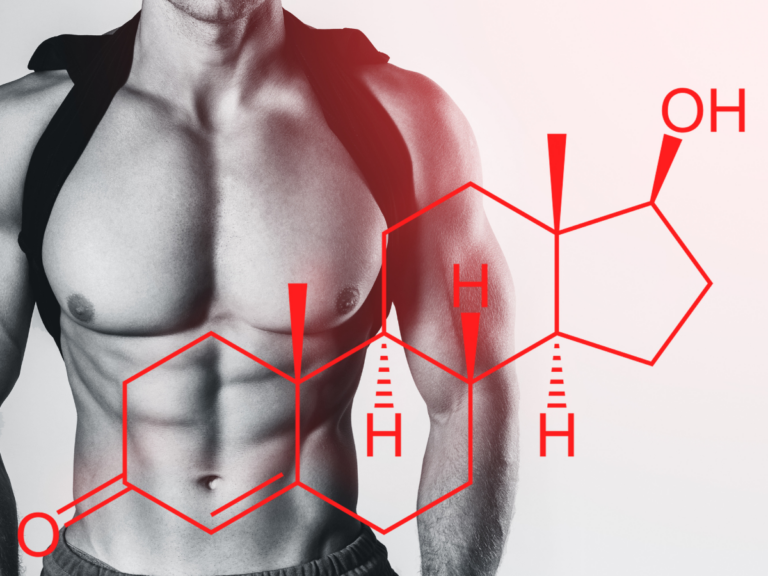What is Testosterone Therapy (TRT) and other Testosterone FAQs

What is testosterone?
Testosterone is a hormone produced by the testes, regulated by the hypothalamus and the pituitary gland that is responsible for the normal growth and development of male sex organs and other characteristics.
What are signs of low testosterone?
If you have low levels of testosterone, you may experience:
- Reduced sex drive
- Reduced erectile function
- Loss of body hair
- Less beard growth
- Loss of lean muscle mass
- Feeling very tired all the time (fatigue)
- Obesity (being overweight)
- Symptoms of depression
What are normal levels testosterone?
In men over the age of 19, normal levels of testosterone range anywhere from 240-950 ng/dl. Levels generally decrease at a rate of 1% per year starting around age 30.
How do I find out if I have low testosterone?
To find out if you have low testosterone, you’ll need to schedule an appointment with us for an exam and a blood draw. After review of your hormone levels, we’ll privately inform you of your results.
What is TRT?
TRT is short for Testosterone Replacement Therapy. It is a medically guided treatment to help patients achieve optimal hormone levels.
What are the benefits of TRT?
Generally speaking, benefits experienced by TRT patients include:
- Increased energy and drive
- Decreased irritability and depression
- Improved libido
- Improved cognitive function and memory
- Increased muscle mass and strength
- Decreased body fat
How long does a testosterone shot last?
Injections of Testosterone will last about 15-17 days followed by a dramatic drop. We typically use a 7 day schedule to prevent the dramatic drop from occurring.
Once I start TRT, do I have to stay on it forever?
You can safely end your TRT treatment, however, if you want to retain the increased levels you reach during TRT, you will need to remain on it.
Does TRT Shorten life expectancy?
Recent studies have shown that therapy associated with clear increases in serum testosterone levels to the normal range is actually associated with reduced all cause mortality.






